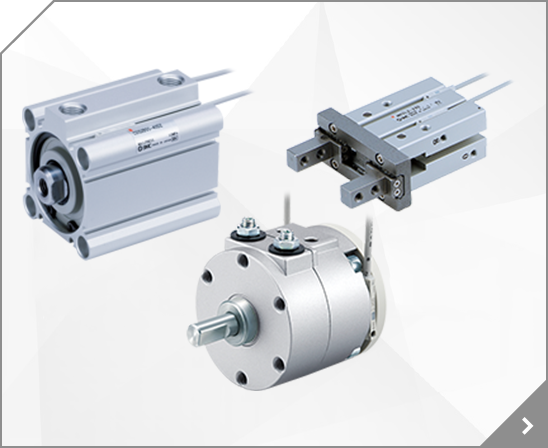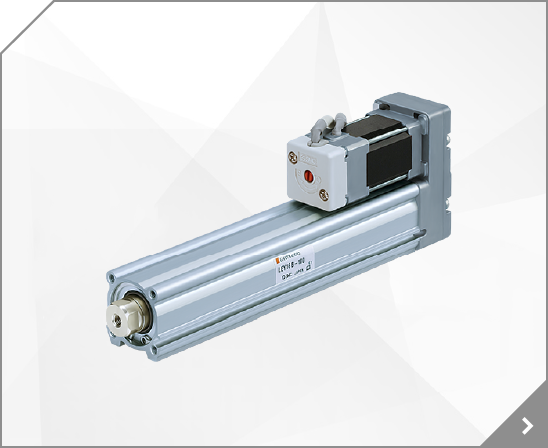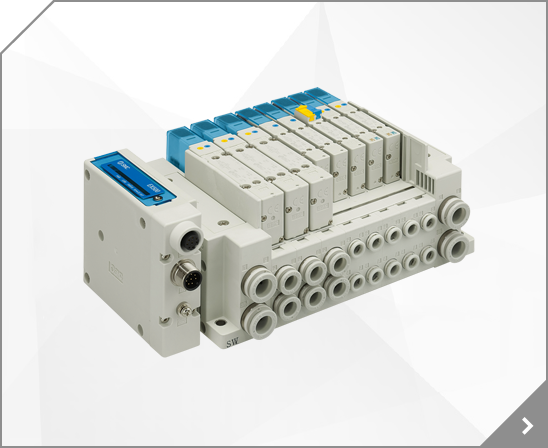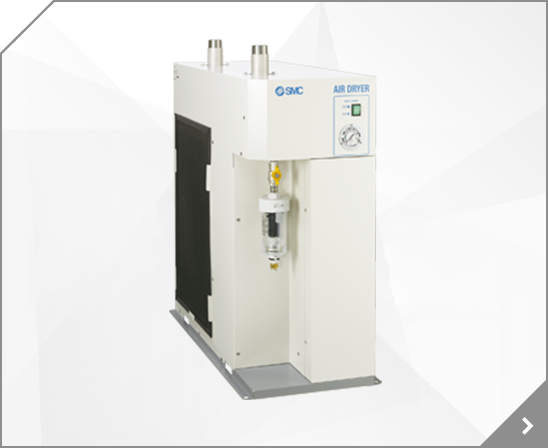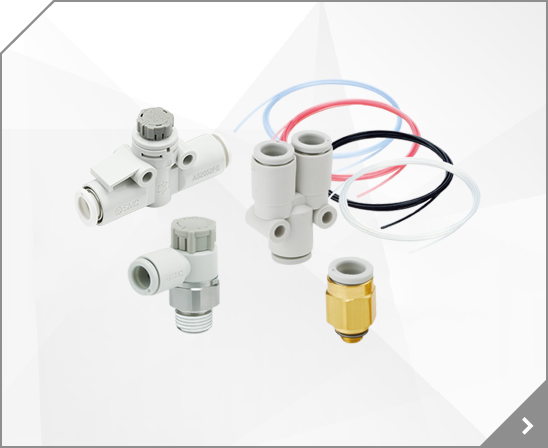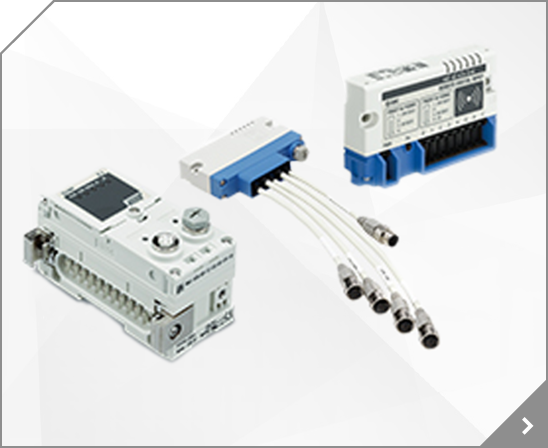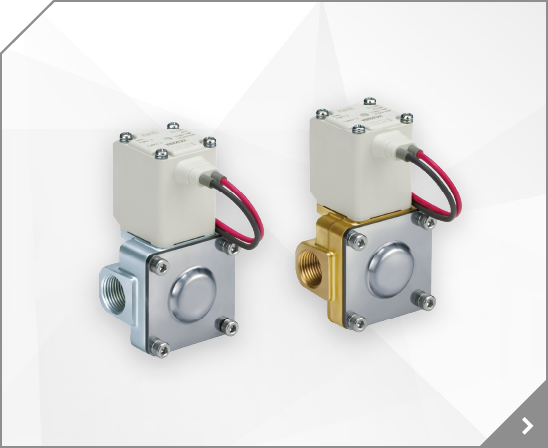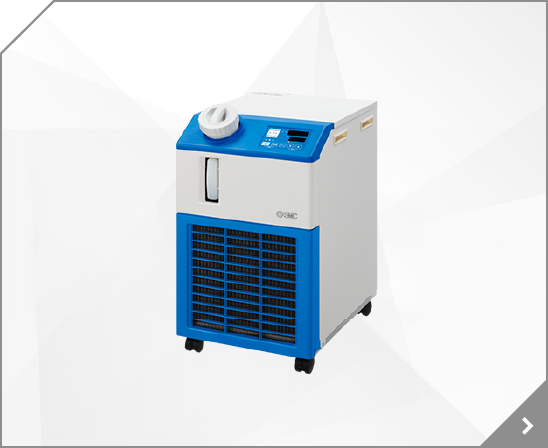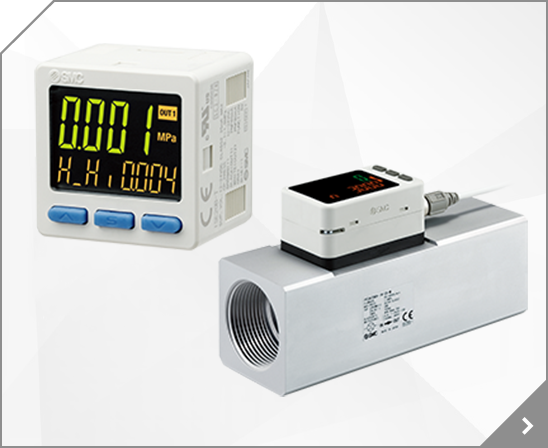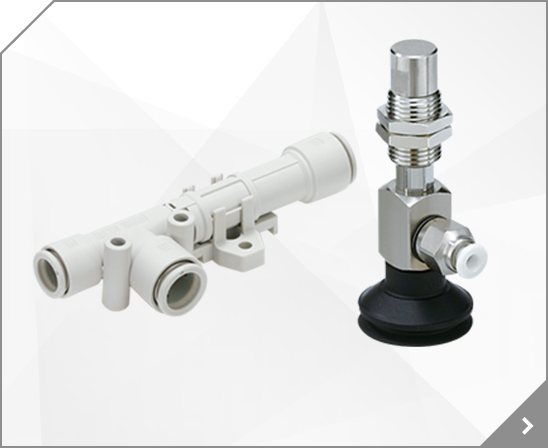
Magnet: None, Mounting: B (Basic), Type: N (Rubber Bumper), Bore: 50mm, Port Thread Type: TN [NPT ø20 to ø100 Rubber Bumper, ø32 to ø100 Air Cushion), Stroke: 200mm, Thread: Male Rod End, Suffix for Cylinder: w/o Rod Boot
Magnet: D (Built-in Magnet), Cushion Type: N (Rubber Bumper), Bore Size: 40mm, Stroke: 200mm, Thread: Male Rod End
Magnet: D (Built-in Magnet), Mounting: B (Basic), Bore Size: 50mm, Port Thread: Rc, Stroke: 200mm, Rod End Thread: Male Rod End
Magnet: None, Mounting: T (Head Trunnion), Type: N (Rubber Bumper), Bore: 63mm, Port Thread Type: TN [NPT ø20 to ø100 Rubber Bumper, ø32 to ø100 Air Cushion), Stroke: 200mm, Thread: Male Rod End, Suffix for Cylinder: w/o Rod Boot
Magnet: D (Built-in Magnet), Mounting: B (Basic), Cushion Type: A (Air Cushion), Bore Size: 40mm, Stroke: 200mm, Thread: Male Rod End
Magnet: None, Mounting: D (Clevis), Type: N (Rubber Bumper), Bore: 100mm, Port Thread Type: TN [NPT ø20 to ø100 Rubber Bumper, ø32 to ø100 Air Cushion), Stroke: 200mm, Thread: Male Rod End, Suffix for Cylinder: w/o Rod Boot
Magnet: D (Built-in Magnet), Mounting: F (Rod Flange), Type: N (Rubber Bumper), Bore: 63mm, Port Thread Type: Rc (or M5, Depending on Style, Bore Size, and Thread Combination), Stroke: 200mm, Thread: Male Rod End, Suffix for Cylinder: w/o Rod Boot
Magnet: None, Mounting: B (Basic), Bore Size: 20mm, Port Thread: TF (M5 x 0.8: ø20, ø25; G: ø32 to ø100), Stroke: 200mm, Rod End Thread: Male Rod End
Magnet: D (Built-in Magnet), Mounting: F (Rod Flange), Type: N (Rubber Bumper), Bore: 20mm, Port Thread Type: Rc (or M5, Depending on Style, Bore Size, and Thread Combination), Stroke: 200mm, Thread: Male Rod End, Suffix for Cylinder: w/o Rod Boot
Magnet: D (Built-in Magnet), Mounting: F (Rod Flange), Type: A (Air Cushion), Bore: 40mm, Port Thread Type: Rc (or M5, Depending on Style, Bore Size, and Thread Combination), Stroke: 200mm, Thread: Male Rod End, Suffix for Cylinder: w/o Rod Boot
Magnet: D (Built-in Magnet), Mounting: D (Clevis), Type: A (Air Cushion), Bore: 100mm, Port Thread Type: Rc (or M5, Depending on Style, Bore Size, and Thread Combination), Stroke: 200mm, Thread: Male Rod End, Suffix for Cylinder: w/o Rod Boot
Magnet: D (Built-in Magnet), Mounting: L (Axial Foot), Cushion Type: N (Rubber Bumper), Bore Size: 50mm, Stroke: 200mm, Thread: Male Rod End
Magnet: D (Built-in), Mounting: B (Basic), Bore: 80mm, Thread: Rc, Stroke: 200mm, Rod Boot/Cushion: None (Rod Boot; Cushion, Both Ends)
Magnet: None, Mounting: T (Center Trunnion), Bore: 125mm, Port Thread: TN (NPT), Stroke: 200mm, Cushion: Rod Boot None; Air Cushion on Both Sides
The MB series medium duty tie rod cylinder offers an improved design that enhances cylinder operation and ease of use. The standard air cushion utilizes a floating cushion seal to eliminate piston rod bouncing. The cushion volume has been elevated permitting about 30% more allowable kinetic energy absorption. The port and captive cushion adjustment valve are located on the same side of cap
Magnet: None, Mounting: B (Basic), Bore: 100mm, Port Thread: TF (G), Stroke: 200mm, Cushion: Rod Boot None; Air Cushion on Both Sides
Magnet: D (Built-in Magnet), Mounting: B (Basic), Cushion Type: N (Rubber Bumper), Bore Size: 20mm, Stroke: 200mm, Thread: Male Rod End, Rod Boot: None
Magnet: D (Built-in Magnet), Mounting: Z (Basic, w/o Trunnion Mounting, Female Thread), Type: A (Air Cushion), Bore: 40mm, Port Thread Type: Rc (or M5, Depending on Style, Bore Size, and Thread Combination), Stroke: 200mm, Thread: Male Rod End, Suffix for Cylinder: w/o Rod Boot
Magnet: D (Built-in Magnet), Mounting: D (Clevis), Bore Size: 80mm, Port Thread: TN (NPT), Stroke: 200mm, Rod End Thread: Male Rod End
Magnet: D (Built-in Magnet), Mounting: T (Head Trunnion), Type: A (Air Cushion), Bore: 40mm, Port Thread Type: Rc (or M5, Depending on Style, Bore Size, and Thread Combination), Stroke: 200mm, Thread: Male Rod End, Suffix for Cylinder: w/o Rod Boot
